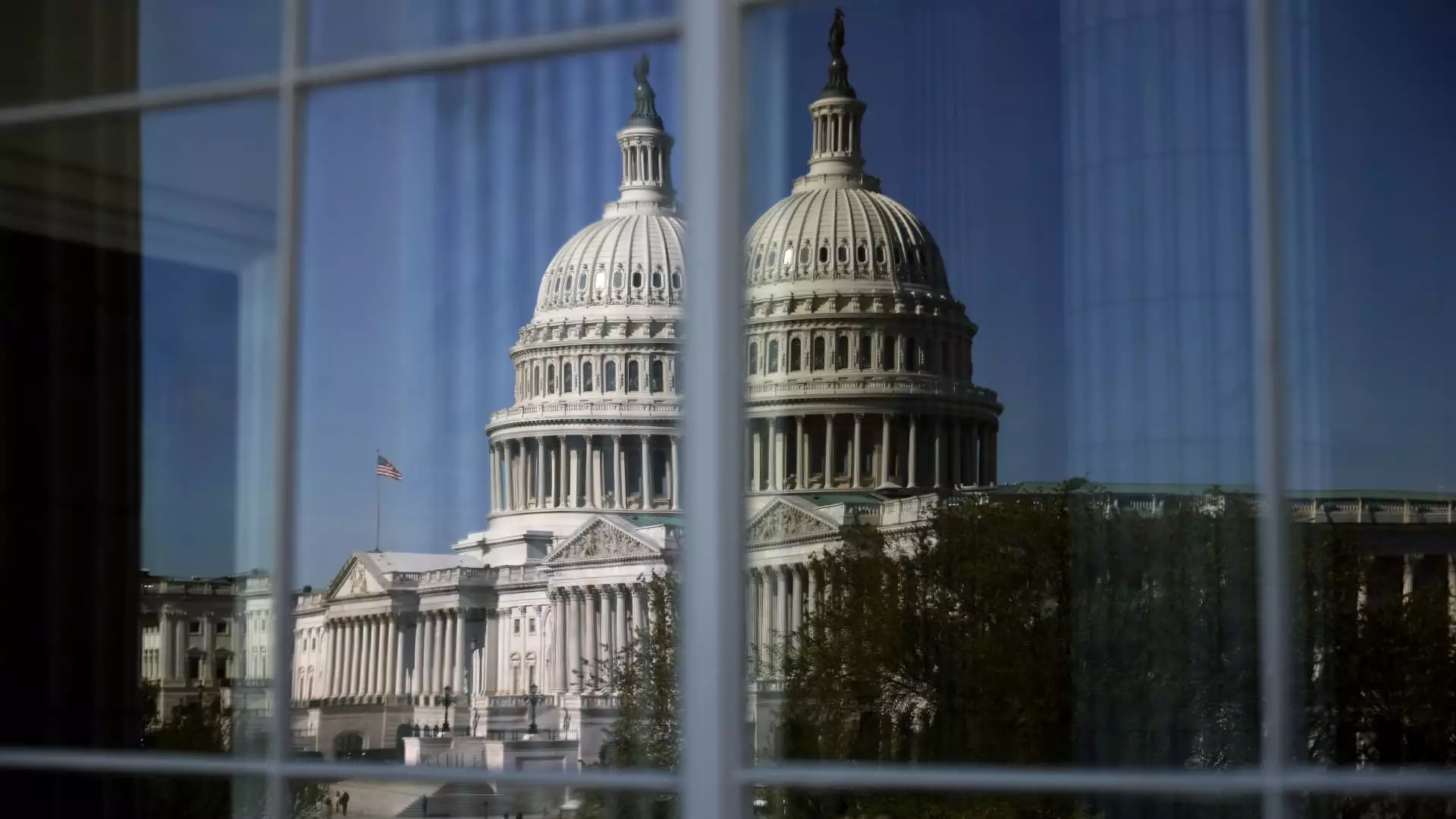The U.S. House of Representatives, controlled by Republicans, is preparing to vote on a $95 billion legislative package aimed at providing security assistance to Ukraine, Israel, and Taiwan. This decision has faced opposition from some party hardliners who argue against further aid to Ukraine due to the country’s financial crisis.
Urging for Action
With the Democratic-majority Senate having passed a similar measure over two months ago, there has been pressure on House Speaker Mike Johnson to bring the bill to a vote. Despite threats of ouster from hardline members of his party, Johnson chose to push forward with the measure, emphasizing the importance of fulfilling these obligations at a crucial moment.
The legislative package includes $60.84 billion in aid for Ukraine to help combat the ongoing Russian invasion. Additionally, funds are allocated for Israel, security assistance for Taiwan and other allies in the Indo-Pacific region. The package also includes a measure involving sanctions, a potential ban on TikTok, and the transfer of seized Russian assets to Ukraine.
The bill received a bipartisan 316-94 House majority vote to advance it to the final voting stage. Senate Majority Leader Chuck Schumer has instructed senators to be prepared to work over the weekend if the bill passes in the House, indicating a strong push for its approval.
Some hardline Republicans have expressed opposition to the bill, citing concerns about the nation’s growing national debt, which currently stands at $34 trillion. They argue that the U.S. cannot afford to provide further assistance to Ukraine given its financial constraints. Critics believe that the bill reflects an America-last policy and raises questions about the priorities of its leaders.
Despite the opposition, former President Donald Trump has shown support for House Speaker Mike Johnson and emphasized the significance of Ukraine’s survival for the U.S. Trump’s endorsement carries weight within the Republican party and may influence the final decision on the legislative package.
Financial Allocation
The bill outlines specific allocations of the $95 billion, with $60.84 billion designated for Ukraine, $26 billion for Israel, and $8.12 billion for the Indo-Pacific region. These funds are intended to address various security and humanitarian needs in the respective countries.
The upcoming House vote on the legislative package providing security assistance reflects the ongoing debate within the Republican party regarding foreign aid and economic priorities. The outcome of the vote will not only impact the countries receiving aid but also serve as a reflection of American leadership on the global stage.

Leave a Reply